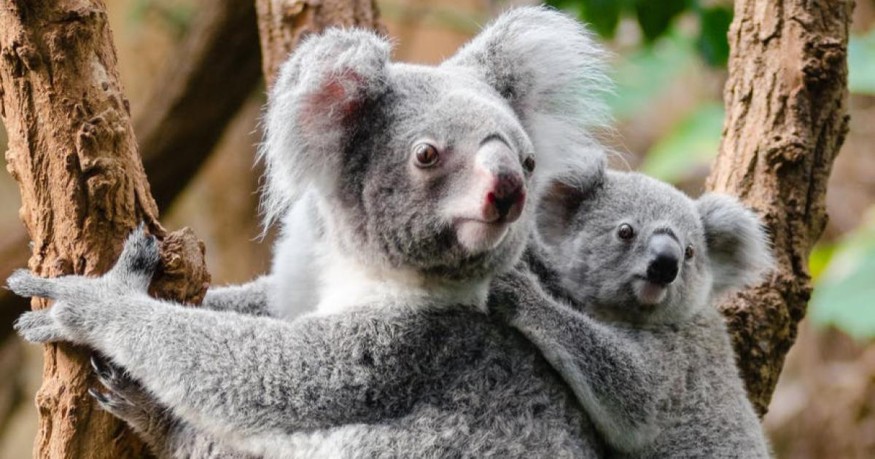
The Environment Minister Sussan Ley rejected a $100-M Wind Farm Proposal in Central Queensland, Australia, as the project would clear an old-growth forest, which serves as a refuge to vulnerable and threatened species such as the koala and greater glider.
Conservation groups welcomed the decision citing that the wind farm could make the biodiversity worse off. However, the group noted that a month ago, Ley also approved a coal mining project in Queensland's Bowen Basin, which could also create havoc to the habitat of threatened species in the area.
The Lotus Creek Wind Farm Proposal
The Lotus Creek Wind Farm Proposal features the development of 81 wind turbines over 48,000 hectares in Rockhampton and Mackay, which would include 632 hectares of koala habitat, 340 hectares of greater glider habitat, and 150 hectares of vulnerable squatter pigeon.
The project, according to Ley, was "clearly unacceptable" under national environmental laws as it is the habitat of species that were severely affected by the catastrophic bushfires last summer.
The number and density and its value in the future as the refuge of these species meant that the habitat was unique. Clearing the land was considered "unlikely suitable offset," Ley said. The proponent, Epuron may consider modifying its plans and apply again, the minister added.
The Epuron's general manager of development for Queensland, Paul Stangroom, said they were disappointed with the decision as the company felt that Lotus Creek was "a very good wind farm project". Stangroom said they will review the proposal before deciding on the next possible action.
The Olive Downs Coking Coal Project
While conservation groups welcomed the rejection of a Wind Farm proposal to save the habitat of several threatened wildlife species, the group was disappointed with the government for not applying for the same position when it approved the Olive Downs coking coal project last month.
The coal mine development could destroy eight times as much threatened habitat as the wind farm, James Trezise, the nature policy analyst with the Australian Conservation Foundation, said.
According to Ley, she had considered the impact of the bushfire before reaching a decision. Ley said that Pembroke Resources, the company behind the Coal Project, will operate following several agreed to conditions, one of which is to donate $1m for long-term conservation of koalas and greater gliders in Bowen Basin.
CHECK THIS OUT: New Research Solves Ancient Papua New Guinea Mysteries
Calls for Toughening the EPBC Act
The law where Ley's decision sprung from the Environmental Protection and Biodiversity Conservation (EPBC)Act is currently being reviewed. In 2018, the Minister of Agriculture and Water Resource and Minister for Environment and Energy announced the need for independent review, to look at the complementation between agriculture and environmental law for positive environmental and economic outcomes
Last year, as the federal government was about to announce a 10-year legislated review of the EPBC, 240 conservation scientists signed an open letter for Prime Minister Scott Morrison to call for an increased budget for the environment department. They also cried for more support for stronger environmental laws to address a worsening extinction crisis.
Scientists point that more than 1,800 Australian plants and animals are classified as threatened with extinction, but such number is an underestimation given that the recent bushfires had already damaged 8.2 m hectares in the eastern state last summer.
Only 22 of the 6,500 projects referred for approval have been rejected based on the said law.
WOW: Extraordinary Marine Animals Trap Microplastics and Carbon Dioxide, Slowing Climate Change
© 2026 NatureWorldNews.com All rights reserved. Do not reproduce without permission.





